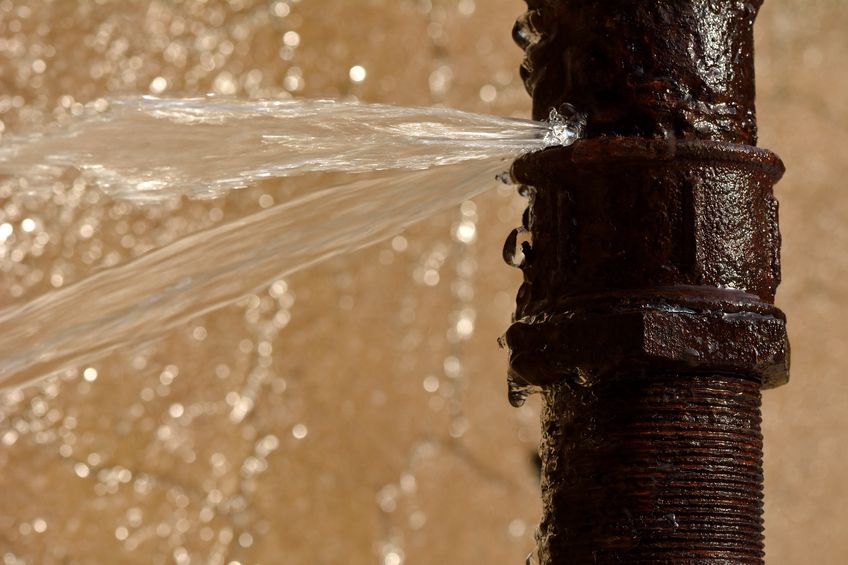
As Britain faces sub-zero temperatures this week, a rural insurer is advising farmers and rural businesses to check their pipes to avoid them bursting due to the freezing conditions.
The Met Office predicts freezing conditions across much of the UK throughout the rest of the week, and the insurer is advising farmers and rural businesses to take steps to protect their plumbing and avoid the misery of burst pipes.
Statistics from NFU Mutual show that in 2016 claims for mopping up damage caused by burst pipes averaged a massive £5,000.
Water damage from pipe bursts can result in a huge amount of damage to homes and ruin people’s belongings, leading to huge heartache and misery.
Jon Cawley, Head of Claims at NFU Mutual said: “However, there are simple steps homeowners can take to protect their properties before a cold snap, which can dramatically reduce the chances of pipes freezing.”
“If the worst happens, and you discover an escape of water in your property, it’s important you act quickly but calmly. First, turn off your water at the stop cock and drain the water system by opening all the taps. If escaping water is near any electrical equipment, turn off the electricity too.
“Pipes tend to burst at the end of a cold spell when frozen water trapped in pipes expand as the ice melts – so check your home for leaks and drips when temperatures rise above zero.
“If damage is serious, then call your insurer to seek advice about professional help with drying out the property and getting repairs underway.”
Five-step burst pipe guide
1. Locate your stop cock
This will normally be located below your kitchen sink, or wherever the water supply enters your home. Make sure you can access it and close it easily.
2. Drain your system
If you’re planning on leaving your property unoccupied during the winter months, turn off the stop cock and drain the plumbing of both hot and cold water systems.
3. Get those pipes lagged
Well-insulated loft spaces get very cold in winter and so it’s important you give your water pipes extra lagging to help prevent them freezing and bursting.
4. Keep the heat flowing
Keeping the thermostat at a normal setting overnight or while your home is unoccupied will help to keep the building temperature above freezing.
5. Check your plumbing
Checking your pipes for signs of freezing or bursts such as leaking or dripping joints, will help you to react to a possible problem or nip it in the bud. Asking tenants to do the same will help to protect rental properties too.
